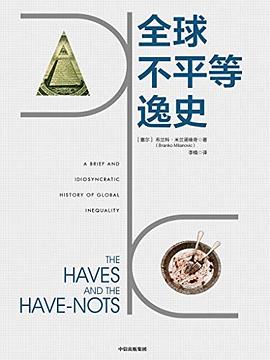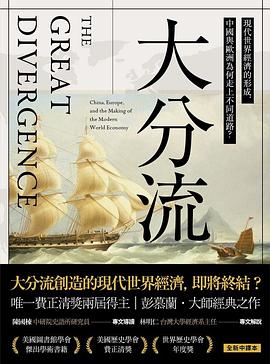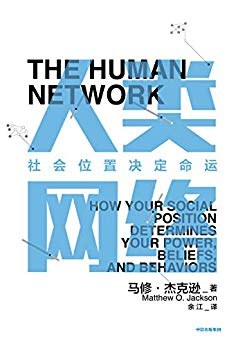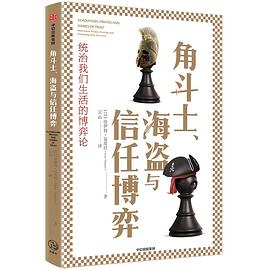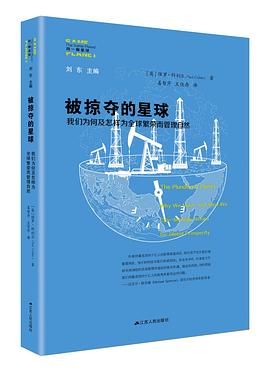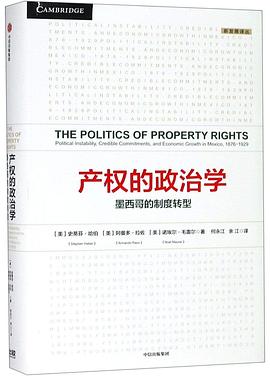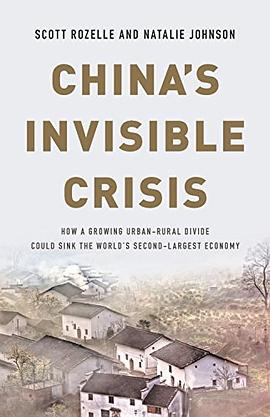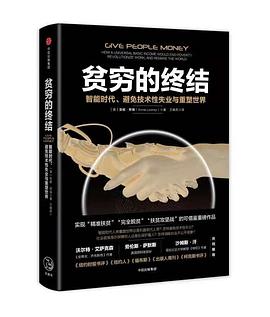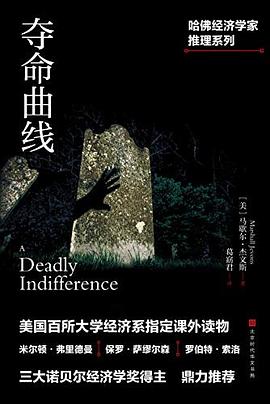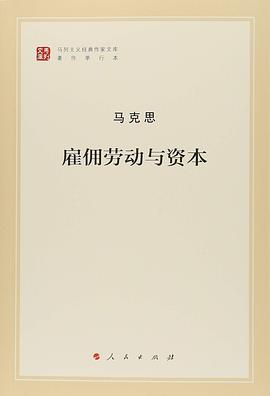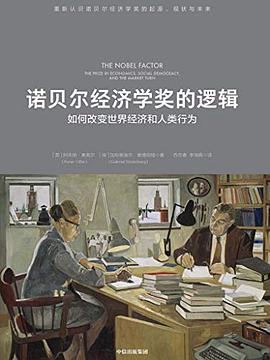
具體描述
Daron Acemoglu is the Elizabeth and James Killian Professor of Economics at MIT. In 2005 he received the John Bates Clark Medal, given to economists under age forty judged to have made the most significant contribution to economic thought and knowledge, in 2012 he was awarded the Erwin Plein Nemmers Prize in economics for work of lasting significance, and in 2016 he received the BBVA Frontiers of Knowledge Award in economics, finance, and management for his lifetime contributions.
James A. Robinson, a political scientist and economist, is one of nine University Professors at the University of Chicago. Focused on Latin America and Africa, he is currently conducting research in Bolivia, the Democratic Republic of the Congo, Sierra Leone, Haiti, and Colombia, where he has taught for many years during the summer at the University of the Andes in Bogotá.
Liberty is hardly the "natural" order of things. In most places and at most times, the strong have dominated the weak and human freedom has been quashed by force or by customs and norms. Either states have been too weak to protect individuals from these threats or states have been too strong for people to protect themselves from despotism. Liberty emerges only when a delicate and precarious balance is struck between state and society.
There is a happy Western myth that political liberty is a durable construct, a steady state, arrived at by a process of "enlightenment." This static view is a fantasy, the authors argue; rather, the space to attain and maintain liberty stays open only via a fundamental and incessant struggle between state and society. The power of state institutions and the elites that control them has never gone uncontested in a free society. In fact, the capacity to contest them is the definition of liberty. State institutions have to evolve continuously as the nature of conflicts and needs of the society change, and thus society's ability to keep state and rulers accountable must intensify in tandem with the capabilities of the state. This struggle between state and society becomes self-reinforcing, inducing both to develop a richer array of capacities just to keep moving forward along the corridor. Yet this struggle also underscores the fragile nature of liberty. It is built on a delicate balance between state and society, between economic, political and social elites and citizens, between institutions and norms. One side of the balance gets too strong, and as it has often happened in history, liberty begins to wane. Liberty depends on the vigilant mobilization of society. But it also needs state institutions to continuously reinvent themselves in order to meet new economic and social challenges that can easily close the space liberty needs to survive.
Today we are in the midst of a time of wrenching destabilization. We need liberty more than ever, and yet the corridor to liberty is getting narrower and more treacherous. The danger on the horizon is not "just" the loss of our political freedom, however grim that is in itself; it is also to the prosperity and safety that critically depend on liberty. The opposite of the corridor of liberty is the road to ruin.
用戶評價
The narrow corridor / 狹長的走廊 理論咋一聽很中國式的: State/國傢和 Society/社會 就好像陰和陽,雖然相互衝突但是需要相互調和纔能讓人民生活幸福。其中任何話一方壓倒另一方,人民的幸福都會受到對應的壓迫,比如國傢力量過強就會形成專製製度對人民的壓迫,社會力量過強...
評分##fine theory but bad impressionalistic empirics 關於中國的innovation, social credit system, ... 都先帶結論 簡單粗暴 其他章節的empirics估計也是同樣的找寫手或者RA填充的 令人失望
評分 評分書評貌似發不齣來 https://www.weibo.com/ttarticle/p/show?id=2309404469961107046415#_0
評分 評分 評分相關圖書
本站所有內容均為互聯網搜尋引擎提供的公開搜索信息,本站不存儲任何數據與內容,任何內容與數據均與本站無關,如有需要請聯繫相關搜索引擎包括但不限於百度,google,bing,sogou 等
© 2025 book.qciss.net All Rights Reserved. 圖書大百科 版權所有


